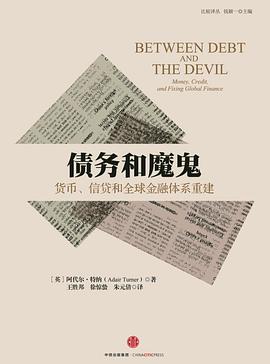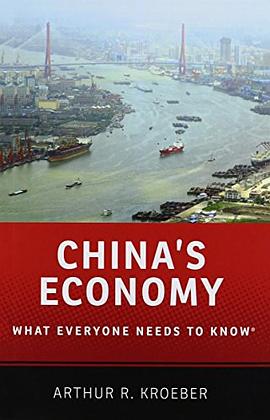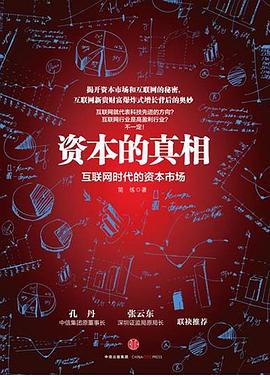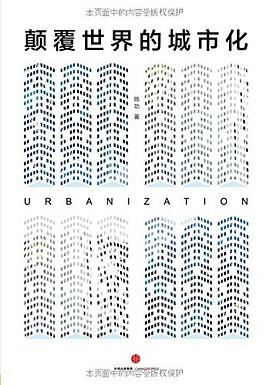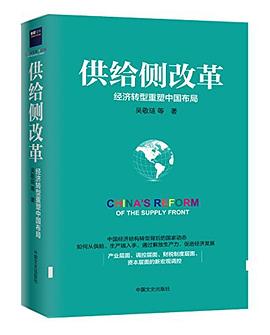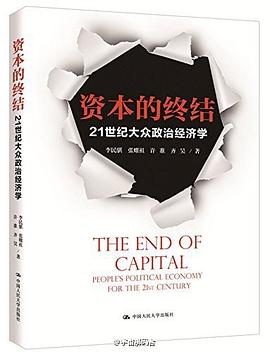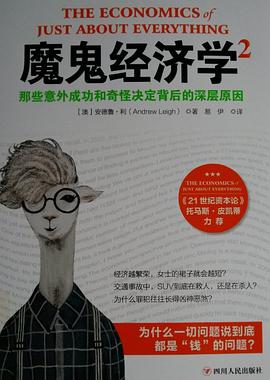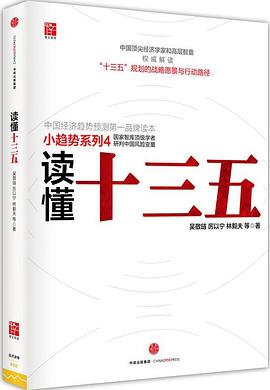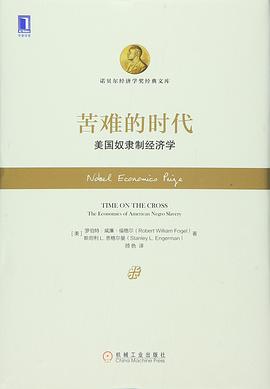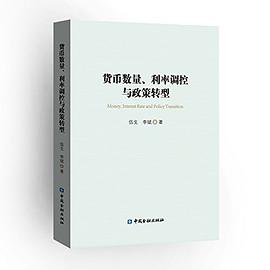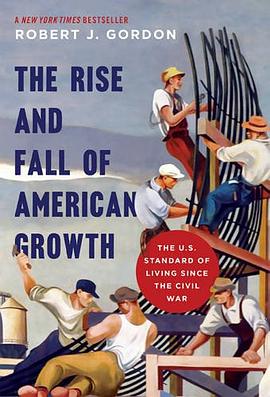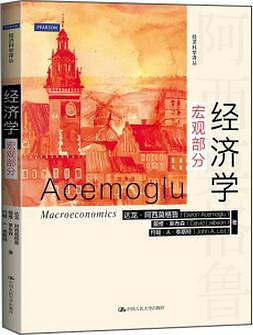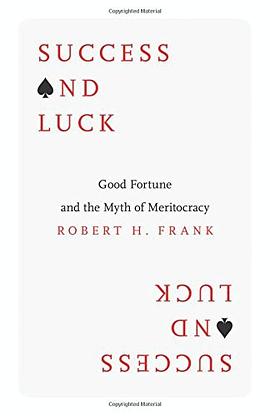

具體描述
How important is luck in economic success? No question more reliably divides conservatives from liberals. As conservatives correctly observe, people who amass great fortunes are almost always talented and hardworking. But liberals are also correct to note that countless others have those same qualities yet never earn much. In recent years, social scientists have discovered that chance plays a much larger role in important life outcomes than most people imagine. In Success and Luck, bestselling author and New York Times economics columnist Robert Frank explores the surprising implications of those findings to show why the rich underestimate the importance of luck in success—and why that hurts everyone, even the wealthy.
Frank describes how, in a world increasingly dominated by winner-take-all markets, chance opportunities and trivial initial advantages often translate into much larger ones—and enormous income differences—over time; how false beliefs about luck persist, despite compelling evidence against them; and how myths about personal success and luck shape individual and political choices in harmful ways.
But, Frank argues, we could decrease the inequality driven by sheer luck by adopting simple, unintrusive policies that would free up trillions of dollars each year—more than enough to fix our crumbling infrastructure, expand healthcare coverage, fight global warming, and reduce poverty, all without requiring painful sacrifices from anyone. If this sounds implausible, you'll be surprised to discover that the solution requires only a few, noncontroversial steps.
Compellingly readable, Success and Luck shows how a more accurate understanding of the role of chance in life could lead to better, richer, and fairer economies and societies.
著者簡介
Robert H. Frank is the H. J. Louis Professor of Management and Professor of Economics at Cornell University's Johnson School of Management. He has been an Economic View columnist for the New York Times for more than a decade and his books include The Winner-Take-All Society (with Philip J. Cook), The Economic Naturalist, The Darwin Economy (Princeton), and Principles of Economics (with Ben S. Bernanke). He lives in Ithaca, New York.
圖書目錄
Acknowledgments xix
1 Write What You Know 1
2 Why Seemingly Trivial Random Events Matter 21
3 How Winner-Take-All Markets Magnify Luck’s Role 40
4 Why the Biggest Winners Are Almost Always Lucky 56
5 Why False Beliefs about Luck and Talent Persist 69
6 The Burden of False Beliefs 86
7 We’re in Luck: A Golden Opportunity 109
8 Being Grateful 128
Appendix 1: Detailed Simulation Results for Chapter 4 151
Appendix 2: Frequently Asked Questions about the Progressive Consumption Tax 158
Notes 173
Index 183
· · · · · · (收起)
讀後感
《投资异类》的作者王利杰讲过这样一个故事:联邦快递的创始人弗雷德•史密斯早些年写了一篇论文,说如果用飞机专门运输小型包裹,将会比现有公司更加高效。这篇论文得了一个C。后来他创业了,创业之后赶上了燃油价格上涨,公司大亏,只剩下5000美元。这个时候他拿着这5000美...
評分 評分作者引用了一些研究结果外加少数自己的实验结果,证明: 1:运气的作用经常被成功者忽略; 2:承认运气的作用会让成功者更成功; 3:成功者因为忽略运气的作用而不愿意多交税来支持基础建设; 4:作者建议采用消费累进税让所有人都把攀比性支出节约出来用于社会基础设施建...
評分 評分谋事在人,成事在天 运气是无法预测的随机性事件,这些随机事件不仅影响我们的心态,更决定了我们一生的走向。 从概率角度,运气并没有好坏之分,大数定律告诉我们只要数据量足够大,最终的概率走向会与我们期望值一致。 所以虽然我们很难预测或决定单一随机事件,但我们只要重...
用戶評價
went to Robert's signing lecture at Stern. got this book signed by him in person. Great lecture, very thought-provoking
评分3 starts,the main opinion in this book is not real about normal people. Prepare usually, seize opportunities, and maybe there is some luck with you .
评分Compare to Outliers. So hard work leads to more luck, or more luck leads to more hard work and hence to success?
评分Compare to Outliers. So hard work leads to more luck, or more luck leads to more hard work and hence to success?
评分聽
相關圖書
本站所有內容均為互聯網搜索引擎提供的公開搜索信息,本站不存儲任何數據與內容,任何內容與數據均與本站無關,如有需要請聯繫相關搜索引擎包括但不限於百度,google,bing,sogou 等
© 2025 book.quotespace.org All Rights Reserved. 小美書屋 版权所有


